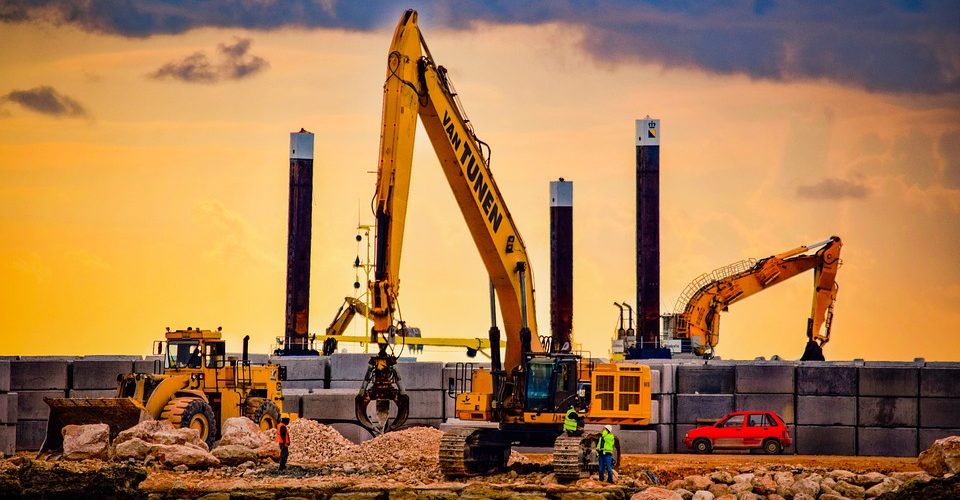On 19 March 2019, Advocate General BOBEK of the European Court of Justice gave its opinion in case C‑71/18 (KPC Herning). The case concerns the question if the transfer of land, which includes a building, and which will be demolished, can be exempt from VAT.
Facts (simplified):
The Odense Municipal Council in Denmark adopted an urban plan for an area in the port. The urban plan stated inter alia that the warehouse located on the property at issue was, as far as possible, to be preserved.
KPC Herning A/S (a Danish project development and construction company) (KPC) made a conditional purchase of the property at issue from the Port of Odense, whereby it was agreed that the transaction was VAT-exempt.
The purchase agreement was conditional on, inter alia, KPC entering into an agreement with a general housing association for the execution of a project to construct a youth housing unit on the property, and the Municipality of Odense adopting a final urban plan authorising the project in question.
KPC agreed with another party to sell the property, including the buildings, with the condition that the seller would convert the existing building into houses.
The purchase made by KPC was considered VAT-exempt, as the transfer related to a property with an existing building on it. The sales contract was treated the same.
At the time of both its sale and its subsequent resale, the warehouse was fully functional and could have been used, for example, for cultural and sporting events. However, the warehouse was not suitable for residential units. It is undisputed that, at the time of the transactions at issue, the Port of Odense, KPC and the contractor had a common understanding that the warehouse, save for part of the eastern gable, was to be demolished in order for the housing unit project to be carried through to completion.
The Danish tax authorities disagreed with KC applying the VAT exemption.
In the court case that followed, the Danish Court asked the following preliminary questions to the European Court of Justice:
‘Can a supply of land on which at the time of supply there is a building, qualify as a sale of building land subject to VAT, when it is the parties’ intention that the building is to be demolished completely or partially in order to make room for a new building?’
Opinion of the A-G:
The Advocate General is of the opinion that:
A national rule according to which a supply of land on which there is a building constitutes a sale of building land subject to VAT, if the parties’ intention is that the building be demolished to permit construction of a new building, is not compatible with Article 12 and Article 135(1)(j) and (k) of Council Directive 2006/112/EC of 28 November 2006 on the common system of value added tax.
Source: Curia
Note from the editors:
The A-G has a very nice consideration which goes as follows:
The intention and plans of the parties can colour or confirm a certain reading of the reality. However, unless tax law assessment is to become an instance of metaphysical voluntarism, in which, to paraphrase Schopenhauer, the transaction is just will and representation, the intention of the parties can hardly override the reality.















